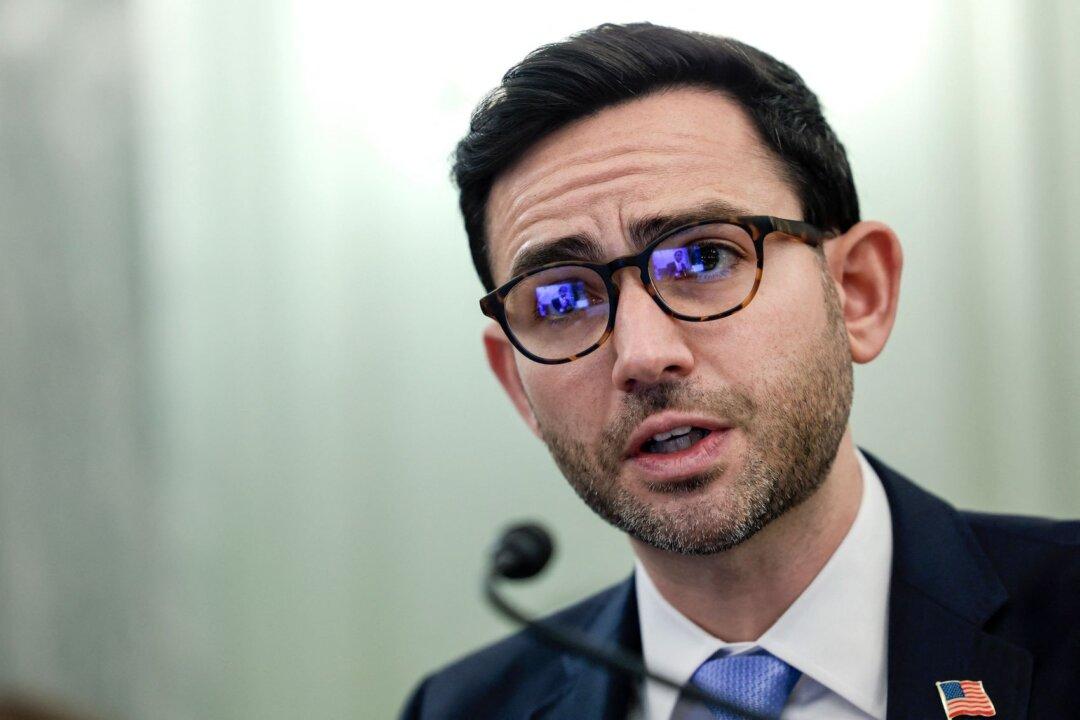Warning letters from the Federal Trade Commission (FTC) have been sent to social media influencers and two trade associations over online endorsements of aspartame, an artificial sweetener, and promoting products containing sugar.
According to the Nov. 15 press release from the FTC, at least a dozen online health influencers have failed to provide adequate disclosures about monetary compensation they may have received for promoting the products in their Instagram and TikTok posts.





